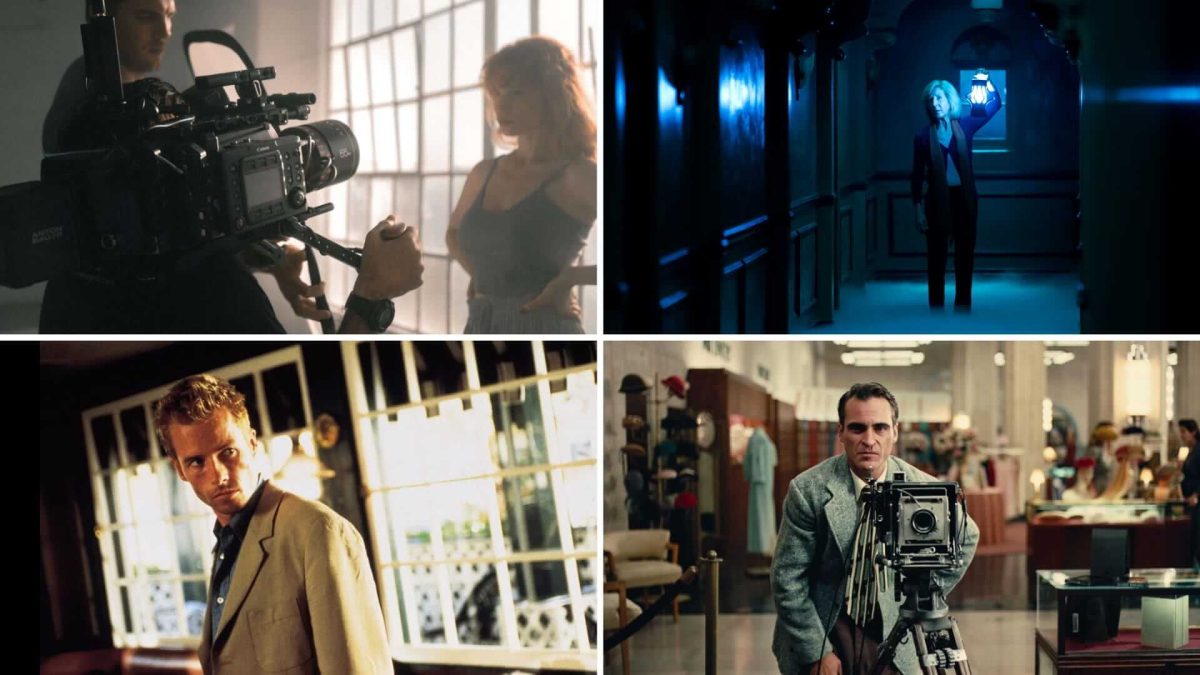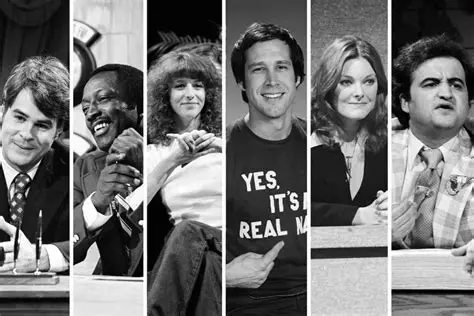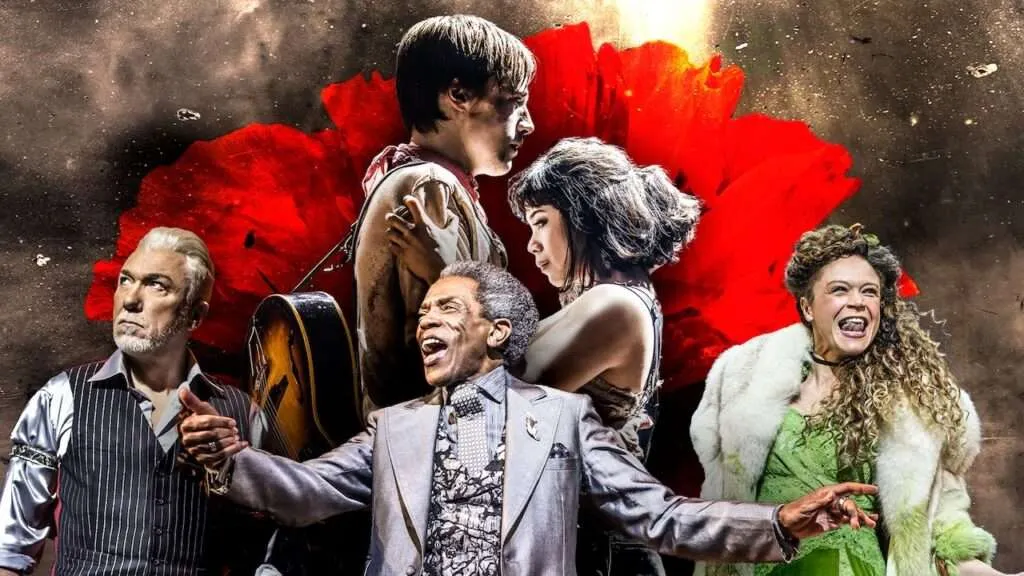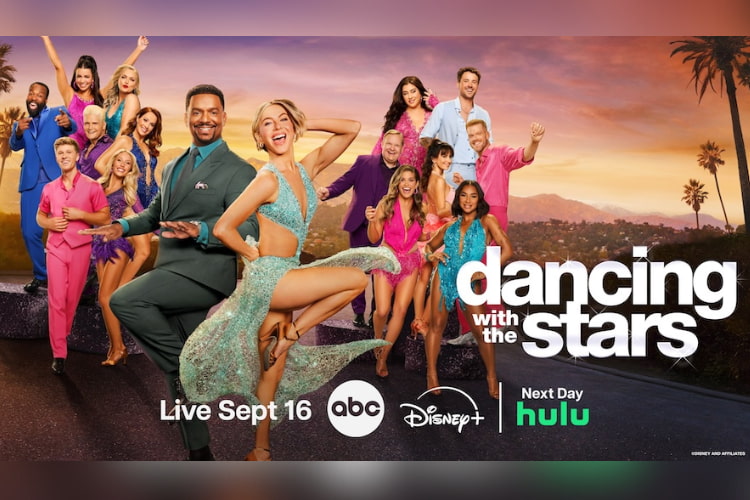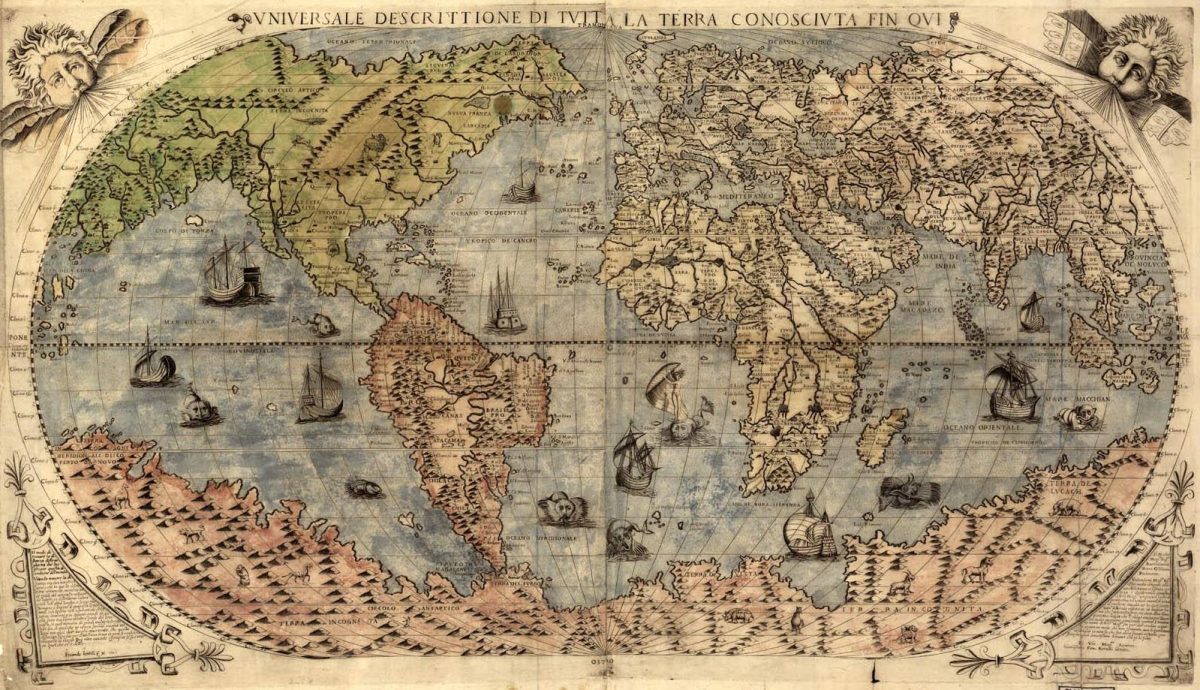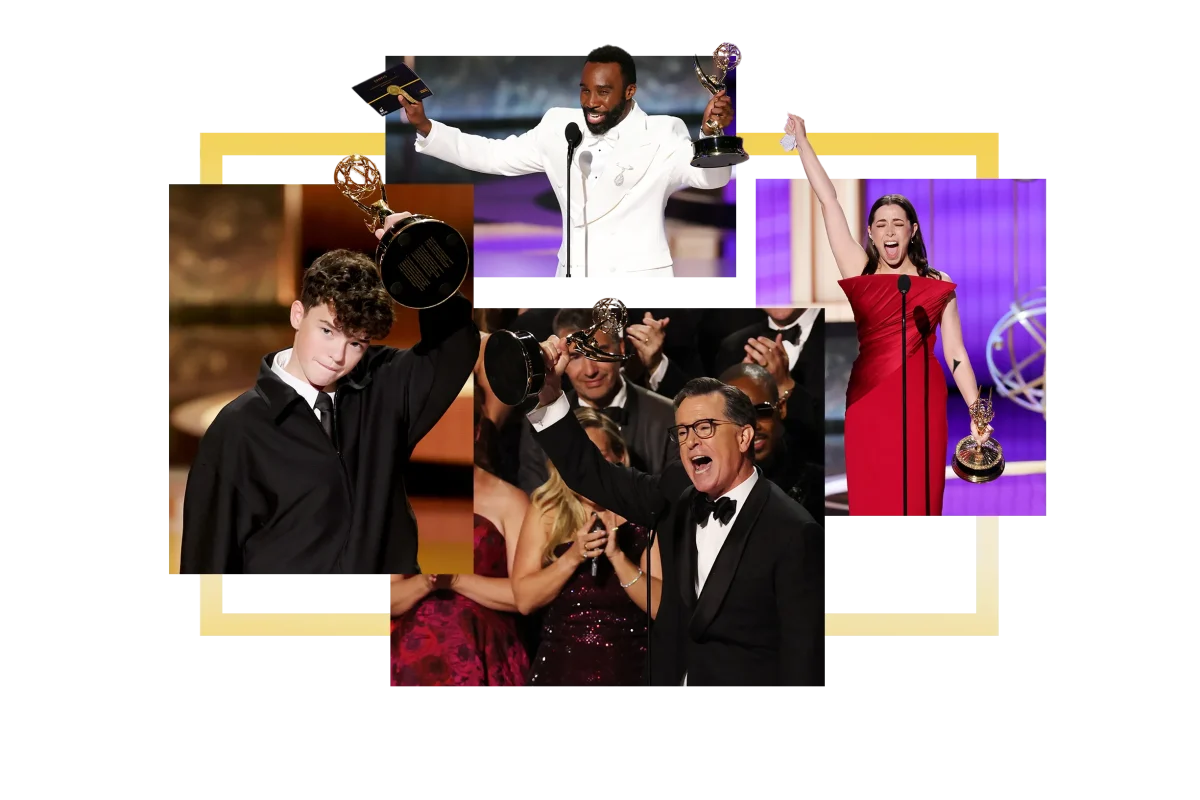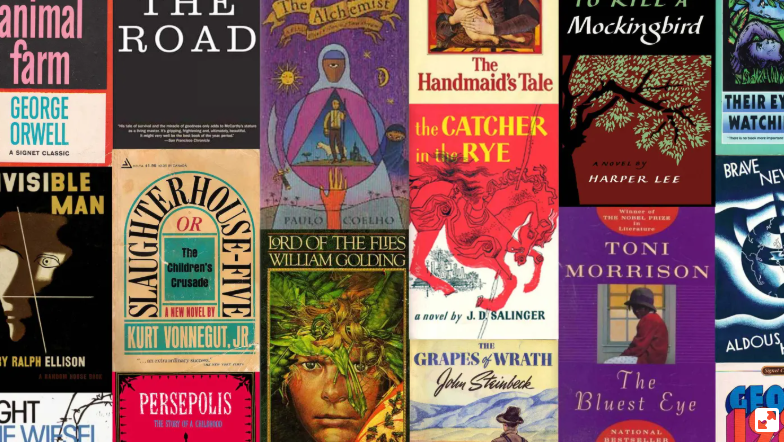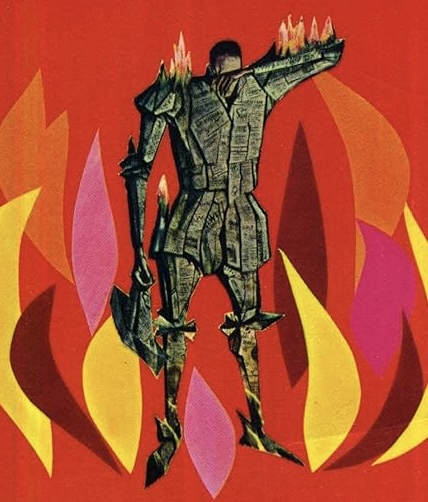Whether you apply it to history, English class, or any form of media entertainment, perspective is everything. Being able to use creative media as a tool in your life is a helpful skill to have.
Over the years, filmmakers, directors, writers, and storytellers have used the resources available to twist the tale. Let’s take a look at some of the ways stories have been told.
Manipulating the story with perspective:
Authors love to play with the narrative.
Plays are an art form used to expand stories out onto a stage and really connect to an audience. The play “Our Town,” written by Thornton Wilder in 1938, tells its story in a nontraditional way. The play follows the small-town life of Grover’s Corners, a quiet fictional town with people going about their day. However, the story is told by an omniscient Stage Manager character. He knows everything about the town and its people; he even interacts with them throughout the show. He also cuts off scenes and moves time forward to show the audience vital plot points. This is only one example of an unconventional, impactful storytelling of a relatively simple plot.
Short stories are another well-analyzed form of creative media that can be greatly impacted by their teller. The unreliable narrator is a huge tool in many tales. In “The Tell-Tale Heart” by Edgar Allan Poe, the narrator explains the plot through their own, insane perspective. The suspenseful, ominous, and downright creepy narrative would have been completely different if told from an outside perspective.
Musicals can also include characters that really tell the story. The musical “Hamilton” is told by Hamilton’s rival, Aaron Burr. And the musical “Hadestown” is almost a story about itself, told by an omniscient character, Hermes. These musicals do a good job of engaging an audience. Breaking the fourth wall can bring attention to a story that the audience isn’t directly a part of.
Lastly, filmmaking can have a huge influence on how plots are perceived. Directors can manipulate the audience through the eyes of various characters. Movies with vital plot twists often utilize unreliable narrators just like “The Tell-Tale Heart.” Some examples include “Fight Club,” “The Sixth Sense,” “Memento,” and even more playful films like “Better Off Dead.” Films like “Weapons” and even “Wonder” are told from multiple perspectives so viewers can get an inside look into several different minds, despite those two examples being vastly different otherwise. From suspense to surrealism, directors play with tone using a bizarre understanding of reality.
Unlike real life, movies aren’t bound to linear structures and up-and-down plot diagrams. Using time and narration can give a plot just what it needs to really hook an audience.
Why does this matter?
Why did these creators decide to tell their stories this way? Maybe because it was interesting to them. Maybe it was easier and just what they wanted to do. Being able to choose the narrator in a form of media is something that only works sometimes. You can’t change the perspective of your own life.
Our own reality is limited by our own minds. It’s extremely difficult to understand someone else. That’s why these forms of media can be so entertaining and enlightening; for a moment, you can exist as someone else.
How do you perceive reality? Perspective is a huge influence in our lives. However, as humans, we only get to truly see our own perspective. Movies and books are only a tool to expand our minds in an entertaining way.
Exposing ourselves to voices different from our own opens our minds up to new ideas. Stories are impactful things, when written well, the audience can’t help but feel connected to someone completely different than themself.
Readers can also apply this truth about literature to history. Imagine how different the textbooks we learn from would be if we got every perspective. The winner, the loser, and the nameless party are being affected by both sides of the story.
Films, plays, and novels seem so far away from our own lives, but why not use them to understand the voices around us that we can’t hear?



